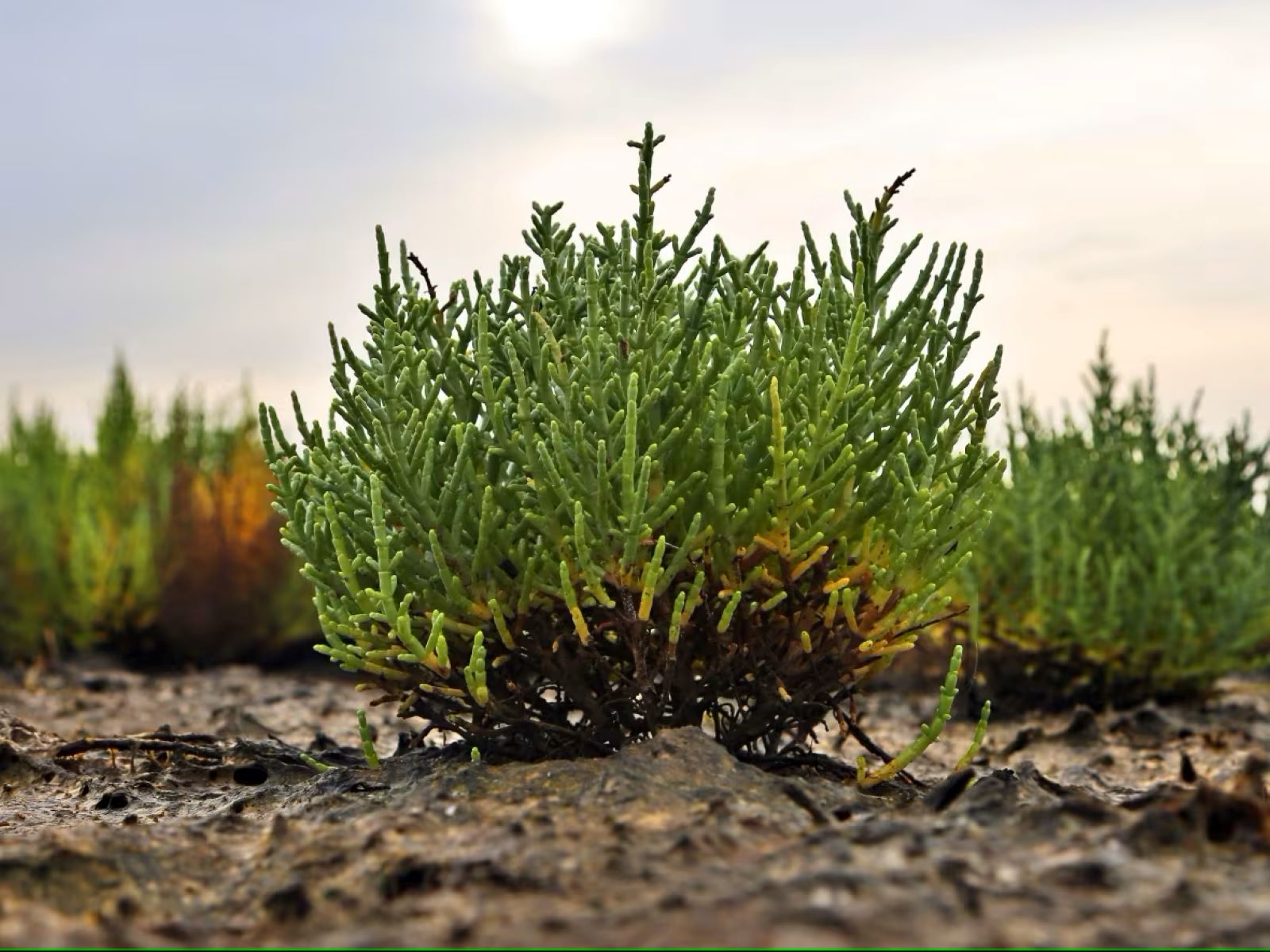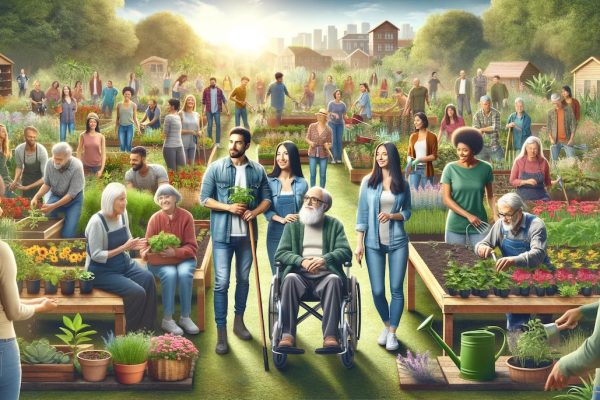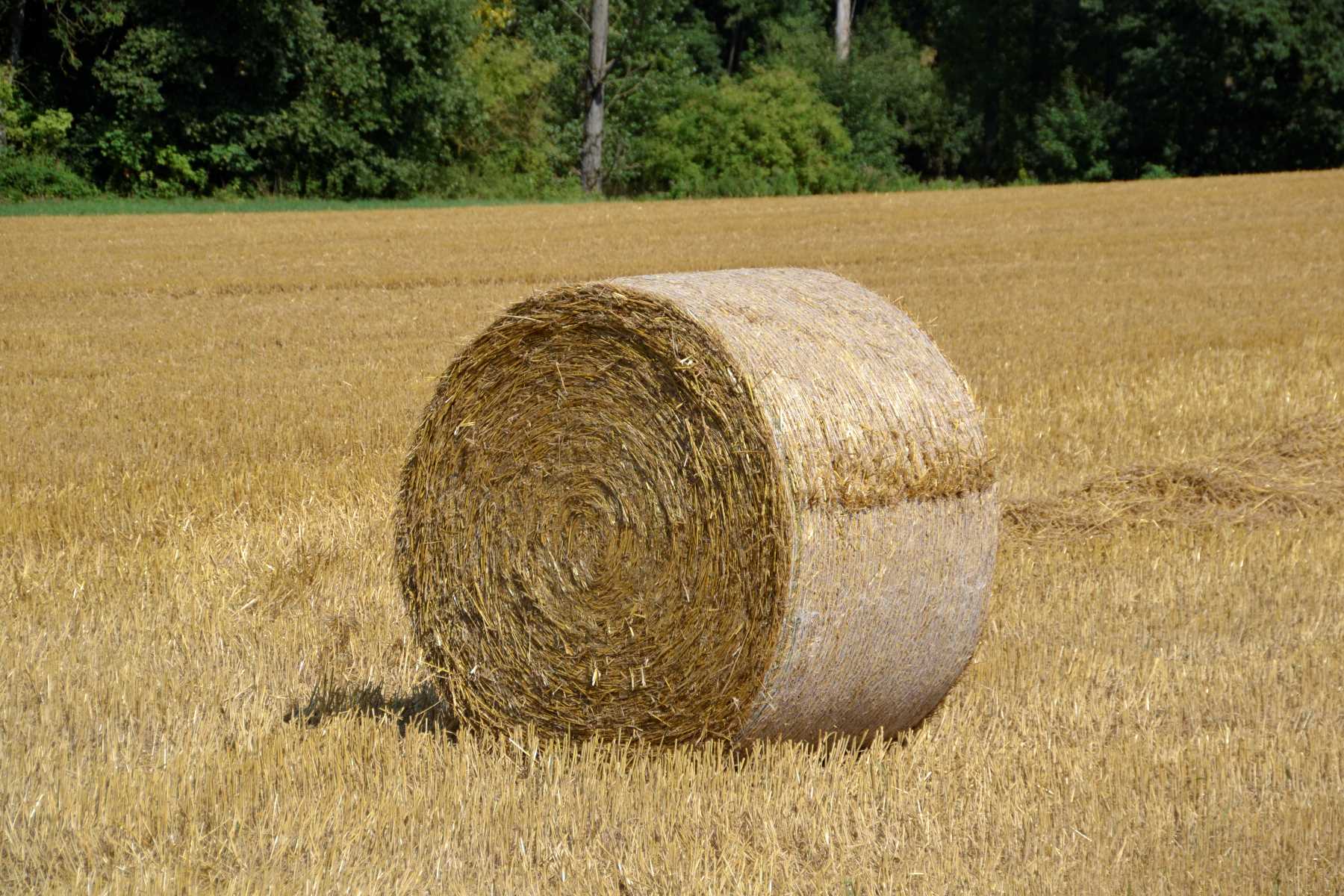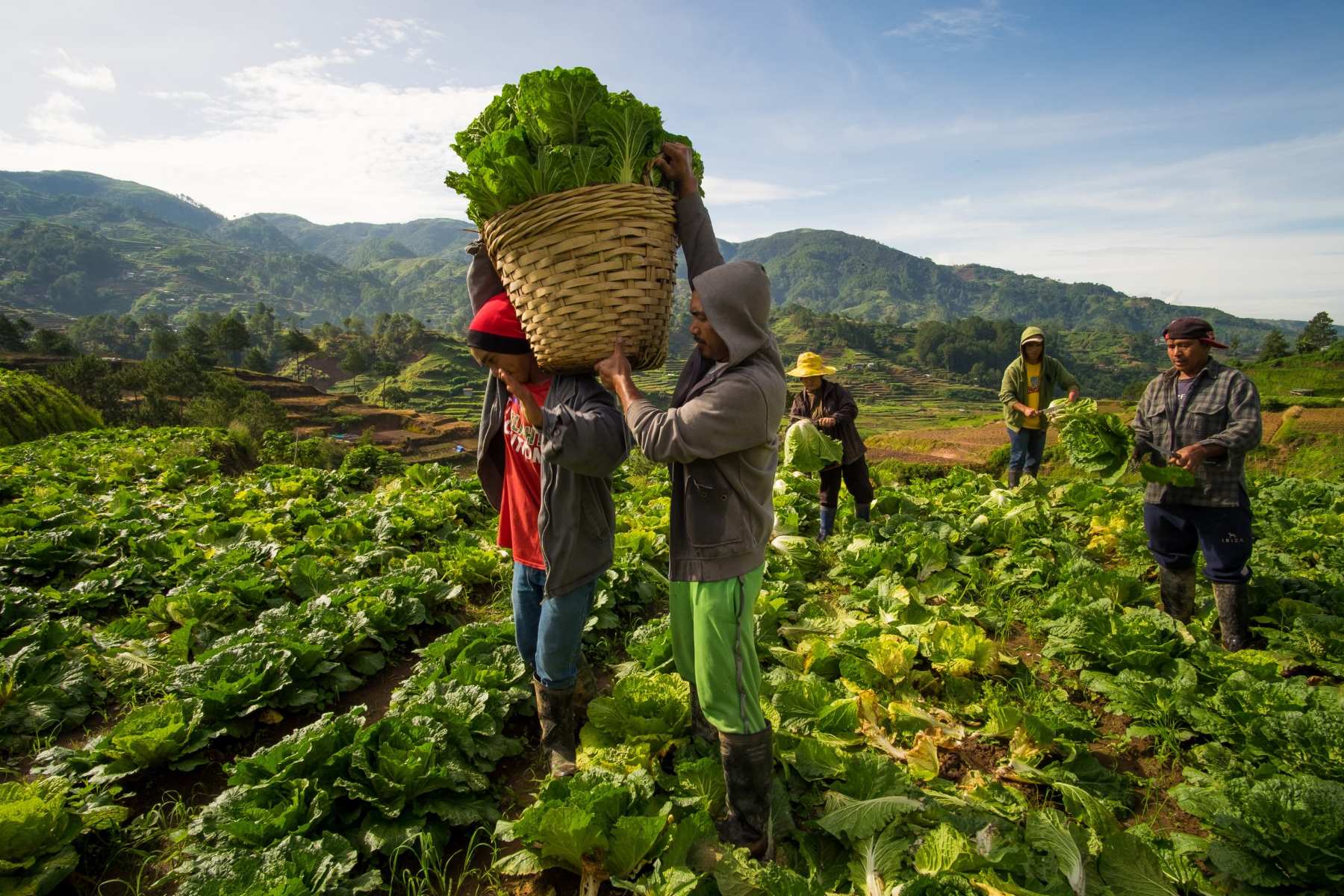Home>Environment>The Future of Sustainable Agriculture: How Tree Crops Are Leading the Way


Environment
The Future of Sustainable Agriculture: How Tree Crops Are Leading the Way
Published: January 26, 2024
Explore how tree crops are revolutionizing sustainable agriculture, offering environmental benefits and a greener future in this insightful article.
(Many of the links in this article redirect to a specific reviewed product. Your purchase of these products through affiliate links helps to generate commission for Regretless.com, at no extra cost. Learn more)
Table of Contents
In our journey towards a sustainable and environmentally friendly future, the origin of agriculture plays a pivotal role, with tree crops emerging as key elements of hope. These long-lived plants are more than just emblems of lasting vigor; they are essential contributors to the ongoing story of sustainable agriculture. We will explore how tree crops, deeply rooted in the origin of agriculture, are transforming our farming methods and leading us towards a future that is both greener and more sustainable.
The Roots of Sustainability: Understanding Tree Crops
At the heart of sustainable agriculture lies the principle of meeting today’s needs without compromising the ability of future generations to meet theirs. Tree crops align perfectly with this ethos. Unlike annual crops that require yearly replanting and extensive soil cultivation, tree crops, once established, yield produce for many years, if not decades. This longevity reduces the need for frequent soil disturbance, thereby preserving soil health and reducing erosion.
Key Benefits of Tree Crops in Agriculture
- Soil Health Preservation: Trees help maintain soil structure and fertility, reducing the need for artificial fertilizers.
- Water Conservation: Deep root systems of trees enable them to access water from deeper soil layers, reducing irrigation needs.
- Carbon Sequestration: Trees are excellent at absorbing and storing carbon dioxide, a vital aspect in combating climate change.
- Biodiversity Support: Tree crops provide habitats for a wide range of flora and fauna, enhancing local biodiversity.
- Reduced Pesticide Usage: Many tree crops require fewer pesticides than annual crops, leading to a lesser environmental footprint.
Branching Out: Environmental Benefits of Tree Crops
The environmental footprint of agriculture is a growing concern, and tree crops offer several solutions. Their ability to sequester carbon is particularly noteworthy. By absorbing CO2 from the atmosphere and storing it in their wood and leaves, tree crops act as natural carbon sinks. This process is crucial in mitigating the effects of climate change.
Furthermore, the shade provided by tree canopies creates a microclimate that benefits the surrounding soil and wildlife. This shade reduces water evaporation from the soil, thereby conserving water – a resource that is becoming increasingly precious.
Harvesting the Future: Tree Crops and a Greener Tomorrow
The role of tree crops in sustainable agriculture extends beyond environmental benefits. They are also key to economic and social sustainability. By providing long-term yields, tree crops offer farmers a stable source of income. This economic stability is crucial for rural communities, where agriculture is often the backbone of the economy.
Diversifying Diets and Livelihoods
Tree crops are not just about fruits and nuts. They offer a diverse range of products including oils, fibers, and medicinal ingredients. This diversity can lead to a more balanced diet for consumers and more diverse income sources for farmers.
Read more: 10 Powerful Ways To Lead By Example
Agroforestry: A Step Towards Sustainable Farming
Agroforestry, the practice of integrating trees with crops and livestock, exemplifies how tree crops can revolutionize farming practices. This method enhances biodiversity, improves soil health, and increases farm productivity. It’s a win-win for farmers and the environment.
Cultivating Change: The Challenges and Opportunities
While the benefits of tree crops are clear, their integration into modern agriculture is not without challenges. Initial investment and patience are required, as trees take time to mature. However, the long-term gains far outweigh these initial hurdles.
Embracing Technology and Innovation
Advancements in agricultural technology and practices can further enhance the benefits of tree crops. Precision agriculture, for instance, can optimize tree crop cultivation, making it more efficient and sustainable.
Conclusion: Planting Seeds for a Sustainable Future
In conclusion, the integration of tree crops in sustainable agriculture is a crucial step towards a healthier planet. By adopting practices like growing ficus trees outdoors, we are not just meeting our current needs but also nurturing a greener future. These trees exemplify the potential of agriculture to coexist with nature harmoniously. As we continue to embrace such sustainable practices, every tree we plant, be it a ficus or any other, marks a stride towards a more sustainable and environmentally responsible world. Our commitment to growing trees like the ficus outdoors is a testament to our dedication to preserving the Earth for future generations.














